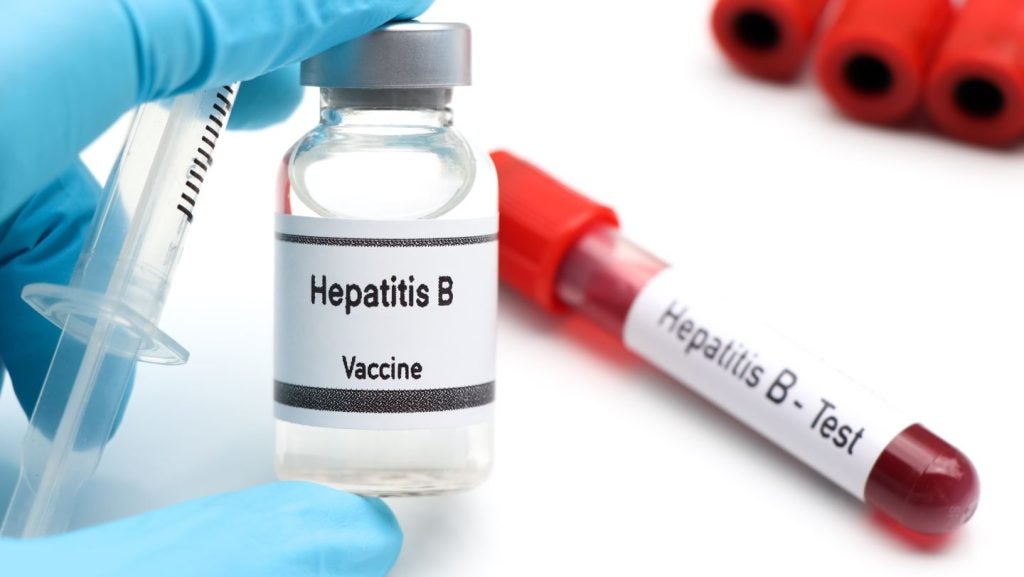Recent progress in translational and personalized medicine initiatives has created a new landscape with the requirement for innovative ways to manage clinical specimens collected in global biomarker driven trials. With such advancements, many have seen a shift in expectations from the classical bench-to-bedside approach, to one that integrates bedside-to-bench information. To truly fulfill the promise of personalized medicine, we need to incorporate, in real time, specimen metadata, clinical information, and molecular data from a trial to execute translational science. In the past, specimens were often collected from clinical trial participants, stored in a biorepository, and accessed at some later point long after the trial was completed. Today, biomarker and genetic research is increasingly incorporated into the trial such that specimens are utilized “in-life” of the study. This shift from a retrospective to a prospective – specimen approach requires the ability to link clinical and molecular data to the specimen. To that end, improved capabilities are necessary to develop integrated data sets that will inform the selection and use of clinical specimens based on clinical observations relevant to human disease. The potential to incorporate individual clinical experience and disease relevance to drive translational studies has the promise to directly affect our goal to provide truly personalized therapies.
To achieve these goals there is a demand to develop systems and processes to manage the requirements of consent, specimen metadata, and integration with clinical data to transform the approaches of past generation biorepository systems into the 21st century. At the core of many integration efforts is the ability to design systems that allow for the association of specimens with various data sources at the individual subject level. It begins with informed consent for participation in a research study where participants are informed on trial information, including; data and privacy protections. The ability to protect the patient’s rights related to both data and privacy, as well as ensures alignment with global laws and regulations, is paramount to the compliant use of collected specimens in various translational studies. Here our developed systems need to be able to associate subject informed consent with all specimens collected in executed clinical studies, and align permissions/restrictions to specimens in an integrated way that allows for alignment and compliant use of specimens with specific goals of translational studies. Furthermore, the requirement to link specimens to standard clinical data (age, gender, and ethnicity), disease status, treatment and potential response/resistance to treatment will enable translational studies that are designed based on individual experience and relevance to human disease. In the past, translational studies were designed on pre-clinical models that inherently have been shown to be poor predictors of effectiveness in humans. With a shift to a bedside-to-bench model, systems that can bridge the gaps and allow researchers to utilize integrated data sets to drive design of future studies will allow us to truly realize the promise of personalized and stratified medicine. Therefore, the bedside-to-bench approach to translational researchrequires specimen management systems that associate all this information with molecular outcomes are required, but are not broadly available. This represents a large unmet need and potential new market for information technology to fulfill.
At Merck & Co., Inc., Kenilworth, NJ, USA, we have invested in a biorepository management system, (Biospecimen and Biorepository Management System, BBMS) developed by BioFortis, Columbia, MD, USA, that leverages an IT infrastructure to drive information integration in complex biomarker driven trials. BBMS allows for the tracking of complex biomarker specimens and the associated specimen metadata collected in trials, and stored at various sites around the globe. The system, based on a Labmatrix backbone, is central to our ability to integrate several data sources, including consent, clinical, specimen, and molecular data to drive the bedside-to-bench decision making process. The system incorporates a powerful query tool (Qiagram) that logically integrates and associates data sources with collected specimens allowing the biorepository to act as a driver for future translational studies.It is this ability to interact with multiple systems and sources that distinguishes the system from the past single dimension tracking systems. Our next generation biorepository meets the evolving needs to provide an intuitive user experience that can drive greater access to, better decision making from, and foster comprehensive information around specimens that will lead to improvements in patient care. The power to access and generate the right data, at the right time, to make timely decisions will become the norm as we move into a period of precision medicine and individualized care. The ability to provide clinicians and researchers this type of integrated information presents an advantage in designing and delivering truly personalized and stratified treatments to patients.
Biorepositories have come a long way from the single dimension specimen driven banks of the past to the current multidimensional repositories that integrate data sources through complex IT infrastructures. Empowering clinicians and researchers to drive translational medicine collaborations and understanding of the individualized connection between specimens and human disease will facilitate better designed trials and realization of cutting edge translational science.






